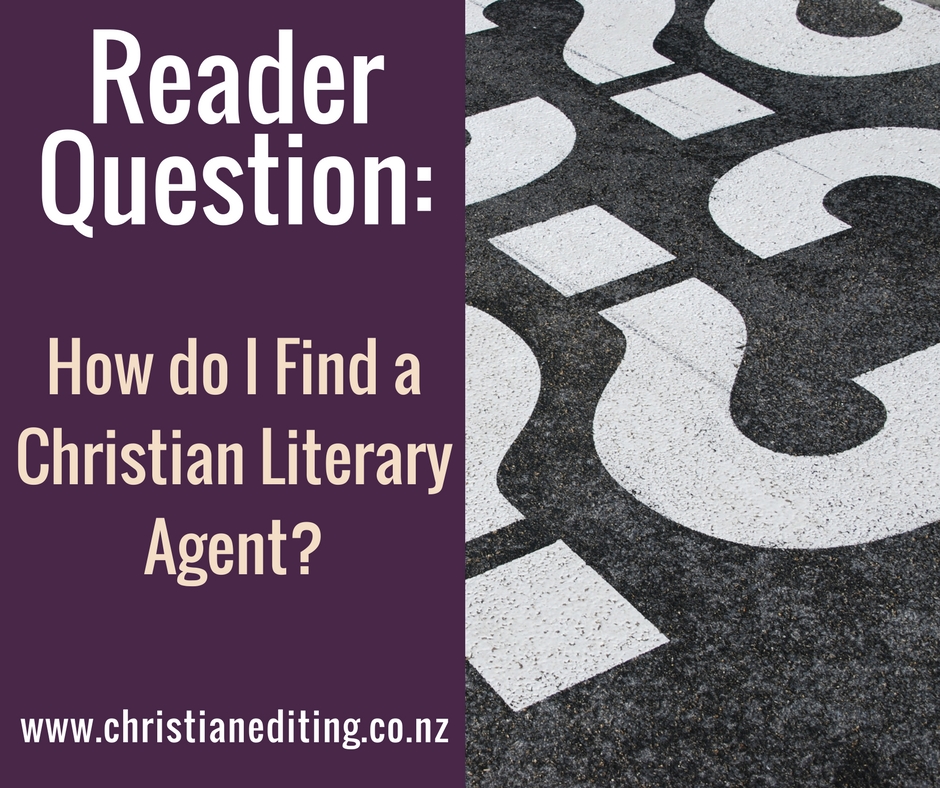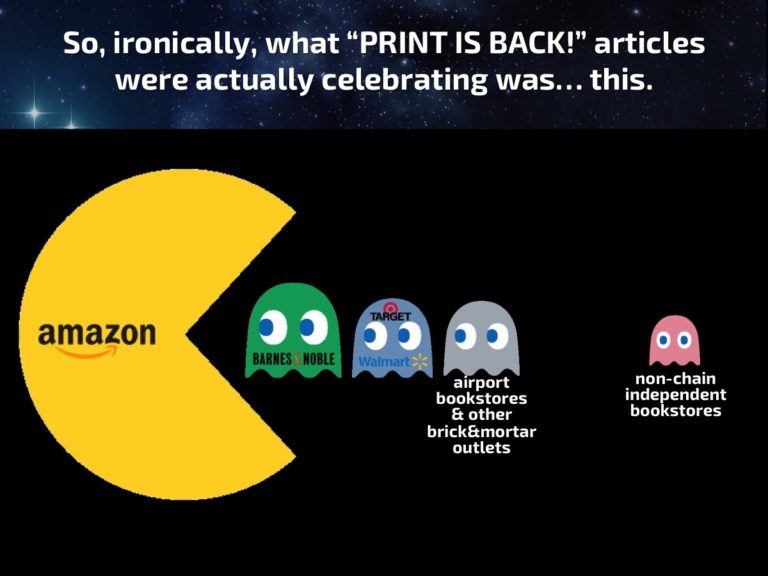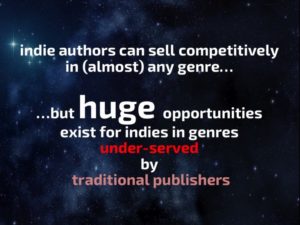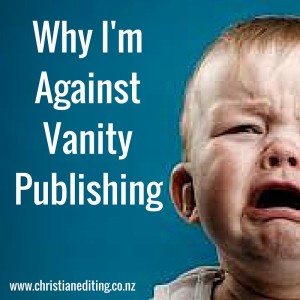Should authors read reviews?
That was the question Jordan Dane posed at The Kill Zone blog last week. I also saw the same question addressed in an author Facebook group I’m a member of, and (indirectly) on Seth Godin’s blog.
Three times in three days. That must be significant …
I’m not yet a published author, so haven’t yet had to face this decision for myself. But I do have a lot of experience from the other side of the question: as a reviewer. I’ve reviewed around 900 books on Goodreads, and most of those reviews have also appeared on other sites: Amazon, my blog, and other retail sites.
My reviewing experience leads me to believe that not all authors should read reviews of their books. Here are some authors who shouldn’t read reviews of their books.
Authors Who Forget Reviews are For Readers
Reviewers don’t always agree (you can see that by reading the reviews to any great work of fiction). But one thing we do agree on is that reviews are for readers. Not for authors.
As reviewers see it, the purpose of an online book review is to share information which might persuade a like-minded reader to read the book … or not. And either is a valid conclusion. It takes several hours to read an average novel, and a good review takes a while to write, and to post. Especially if you cross-post across several sites, as I do.
Reviewers aren’t doing this to please authors. Reviewers do not exist to promote your book for free (although some do). If they are, it’s skirting close to Amazon’s definition of a “promotional review”, which is then at risk of being deleted.
No, reviewers review for themselves, and for like-minded readers. They do it for fun, for free.
Authors Who Focus on the Wrong Things
As Seth Godin points out, if there 100 glowing five-star reviews and one stinking one-star review (or even a well written three-star review), we focus on the negative. We ignore the positive, even when it’s overwhelming. It’s human nature.
Yes, some reviews are unfair. Some reviews are written by people with issues. Some people should be banned from the internet because they seem unable to communicate online in a mature and adult manner. In an ideal world, everyone would love everything we write and our reviews would be all fluffy unicorns and rainbows.
But life isn’t fair. Everyone has issues. And the world would be a better place if some people were prevented from ever sharing their opinions again (including most politicians, celebrities, and especially reality TV stars). No writer can appeal to everyone. Not even JK Rowling.
The critical reviewers probably aren’t your target reader. So we need to ignore the naysayers and focus on the positive reviews. If we can’t do that, we shouldn’t read reviews.
Authors Who Are Seeking Validation
If we’re reading book reviews to validate ourselves—as a person, or as a writer … just don’t. My worth as a human being is entirely separate from some random reader/reviewer’s opinion of my book (or my blog post). So is yours.
Just because someone doesn’t like your book doesn’t mean they don’t like you. And vice versa. Some of my closest writer friends write fantasy—a genre I have a lot of trouble enjoying. That doesn’t mean I don’t like them as people. It doesn’t mean they aren’t good writers. It just means I don’t enjoy the genre they write.
Authors Who Respond to Reviews
This is one of the first rules of being an author: don’t respond to reviews. Don’t respond to positive reviews—it can look needy and stalkerish (as if you’ve got nothing better to do than read and comment on reviews). And don’t respond to critical reviews—that never ends well for the author.
This should seem obvious. Yet just this week I was checking the Amazon reviews of a book I was considering buying and I saw the author had commented on the top-ranked review. The review basically said the self-help book contained no new information on productivity for writers, and that the author’s suggestion writers give up coffee and chocolate was unrealistic.
I thought this was a helpful review—there is no way I’m giving up coffee or chocolate on anything less than do-it-or-die orders from a doctor. So there is no point in me even considering a book with this recommendation. It’s not helpful.
The author didn’t agree. She copied and pasted a five-star review that said the book had helped the reviewer.
I’d already decided not to buy the book (see above points about coffee and chocolate), but now I’m hesitant to buy or review any of her books. I don’t want an honest review to come back and haunt me if she takes issue with my view should it differ from hers. (As it does. I don’t believe authors should respond to critical reviews. She obviously has no issue with the idea).
So Should Authors Read Reviews?
If you can read reviews of your book without becoming one of “those” authors, then yes. Otherwise, it might be best to ignore reviews, or get someone to vet them for you.
What do you think? Should authors read reviews of their books?
This post is part of the June 2017 #AuthorToolboxBlogHop, a monthly blog hop for authors who want to learn more about being authors. Posts are related to the craft of writing, editing, querying, marketing, publishing, blogging tips for authors, and reviews of author-related products. The hop the brainchild of Raimey Gallant. To find this month’s posts:
- Visit the #AuthorToolboxBlogHop home page
- Follow the #AuthorToolboxBlogHop hashtag on Twitter
- Follow the #AuthorToolboxBlogHop Board on Pinterest







 w things that he doesn’t mention. Like the number one rule of publishing:
w things that he doesn’t mention. Like the number one rule of publishing: